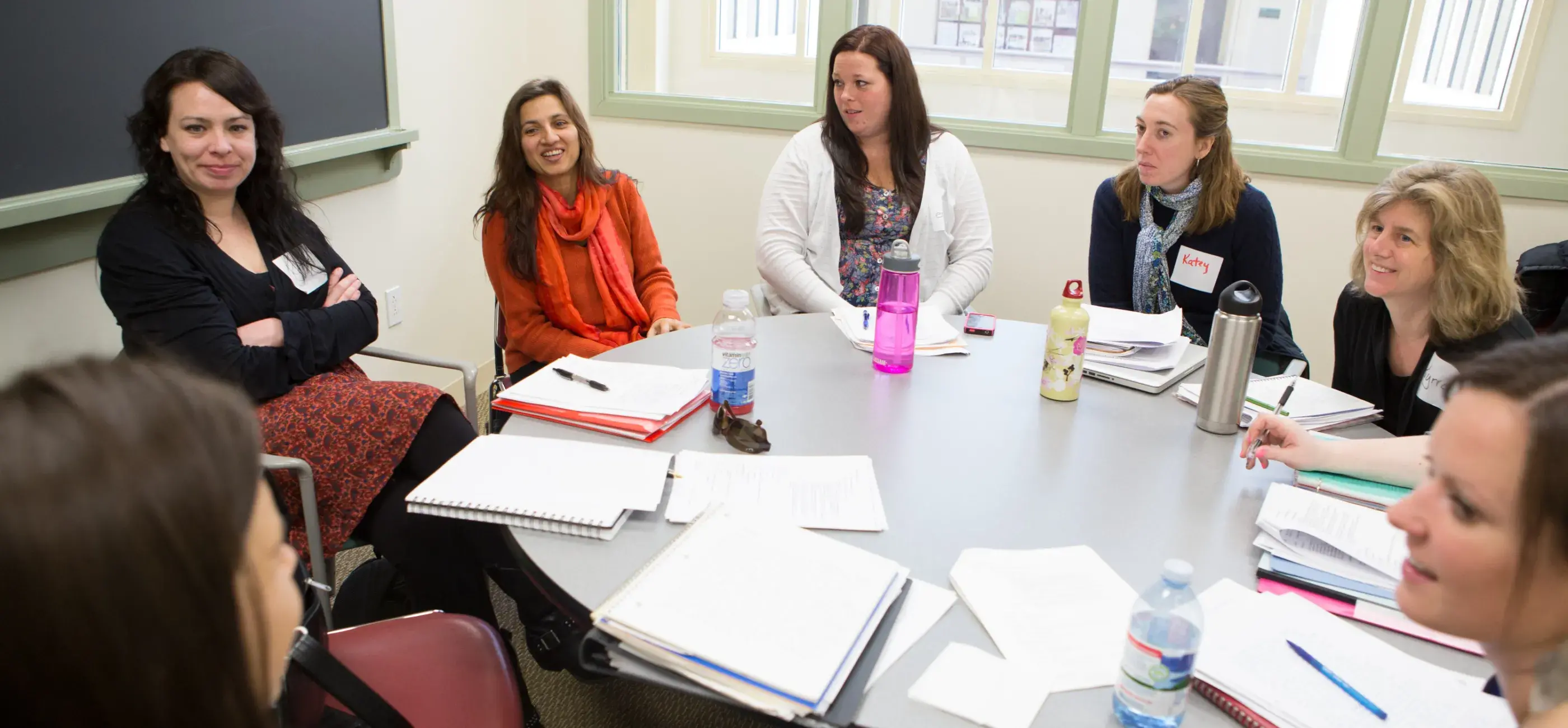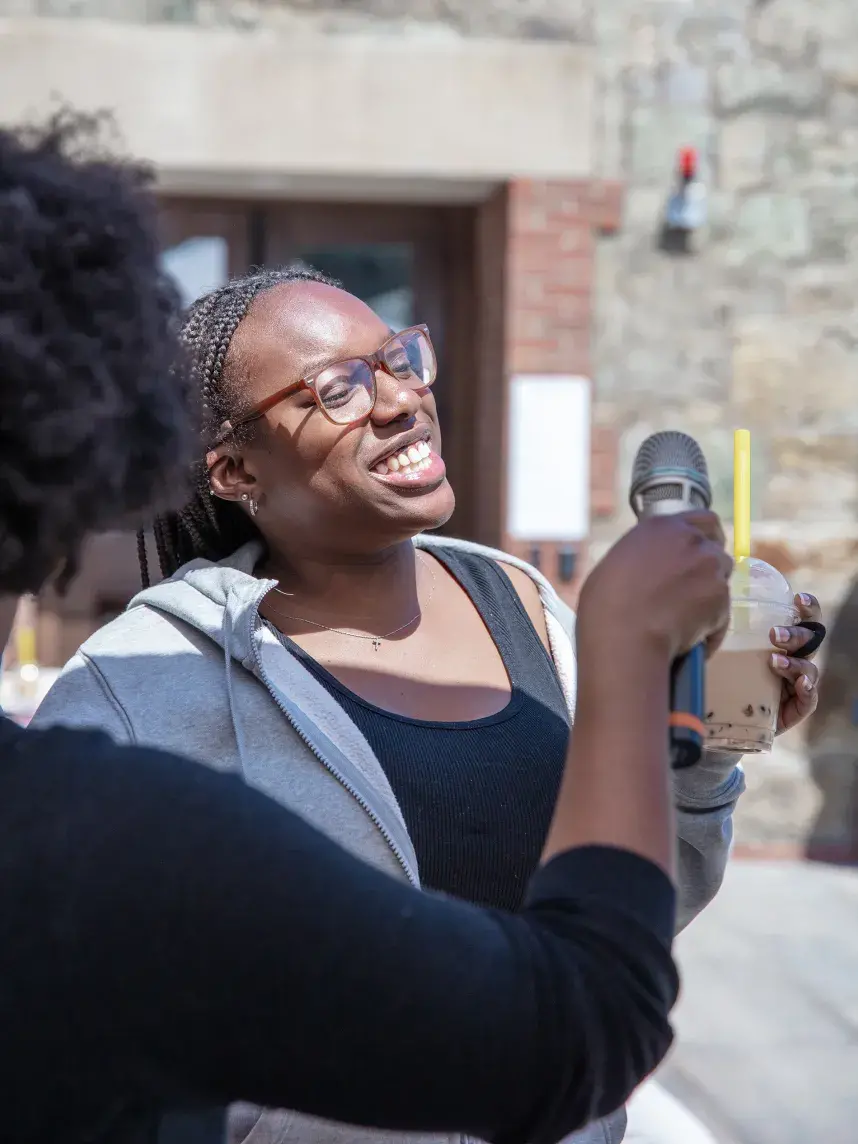At Lesley, we believe that applying what you learn in the classroom through practical experience is key to transforming students into skilled and compassionate practitioners. That’s why our Scholar Partner Program, which matches students with internships at respected organizations like the Dimock Center and Riverside Community Care is an essential component of all of our Mental Health & Well-Being programs.
Our goal is to have these internships awarded upon acceptance to the university. That means you’ll have the chance to be exposed to real-world clinical settings from day one, allowing you to build your skills, gain experience, and explore different facets of the field. You’ll begin to imagine where you might go, and the kind of practitioner you want to be. See a complete list of sites where our students intern through Lesley’s Scholar Partner Program.
This ecosystem of community and support extends far beyond graduation, which is why alumni and practitioners at every stage of their careers turn to us for training and resources. At Lesley, you’ll feel supported and connected through every part of your education, and every phase of your professional journey. Learn more about the resources we provide to Lesley alumni and working professionals.

